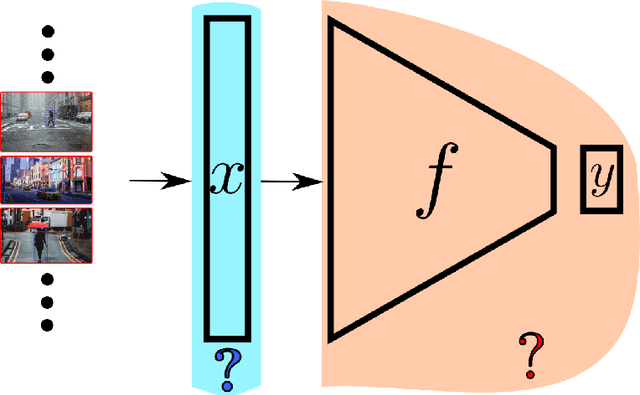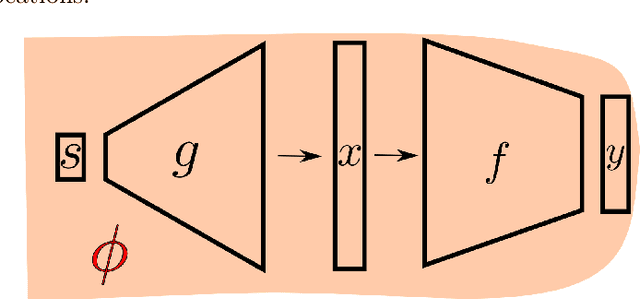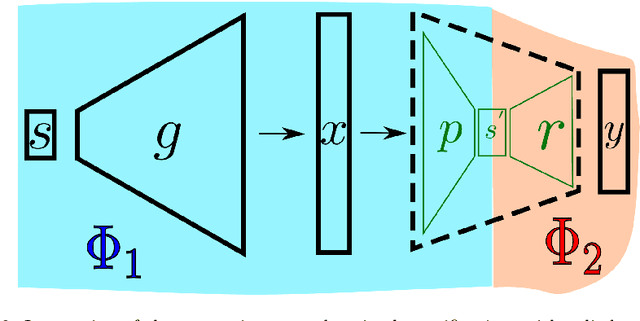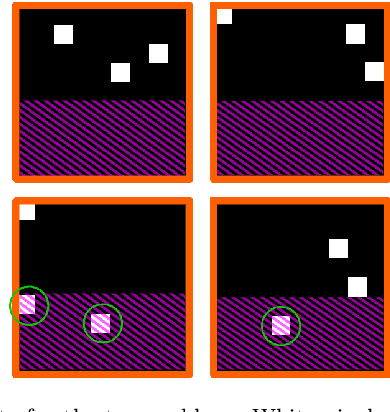CAMUS: A Framework to Build Formal Specifications for Deep Perception Systems Using Simulators
Paper and Code
Nov 25, 2019



The topic of provable deep neural network robustness has raised considerable interest in recent years. Most research has focused on adversarial robustness, which studies the robustness of perceptive models in the neighbourhood of particular samples. However, other works have proved global properties of smaller neural networks. Yet, formally verifying perception remains uncharted. This is due notably to the lack of relevant properties to verify, as the distribution of possible inputs cannot be formally specified. We propose to take advantage of the simulators often used either to train machine learning models or to check them with statistical tests, a growing trend in industry. Our formulation allows us to formally express and verify safety properties on perception units, covering all cases that could ever be generated by the simulator, to the difference of statistical tests which cover only seen examples. Along with this theoretical formulation , we provide a tool to translate deep learning models into standard logical formulae. As a proof of concept, we train a toy example mimicking an autonomous car perceptive unit, and we formally verify that it will never fail to capture the relevant information in the provided inputs.
 Add to Chrome
Add to Chrome Add to Firefox
Add to Firefox Add to Edge
Add to Edge